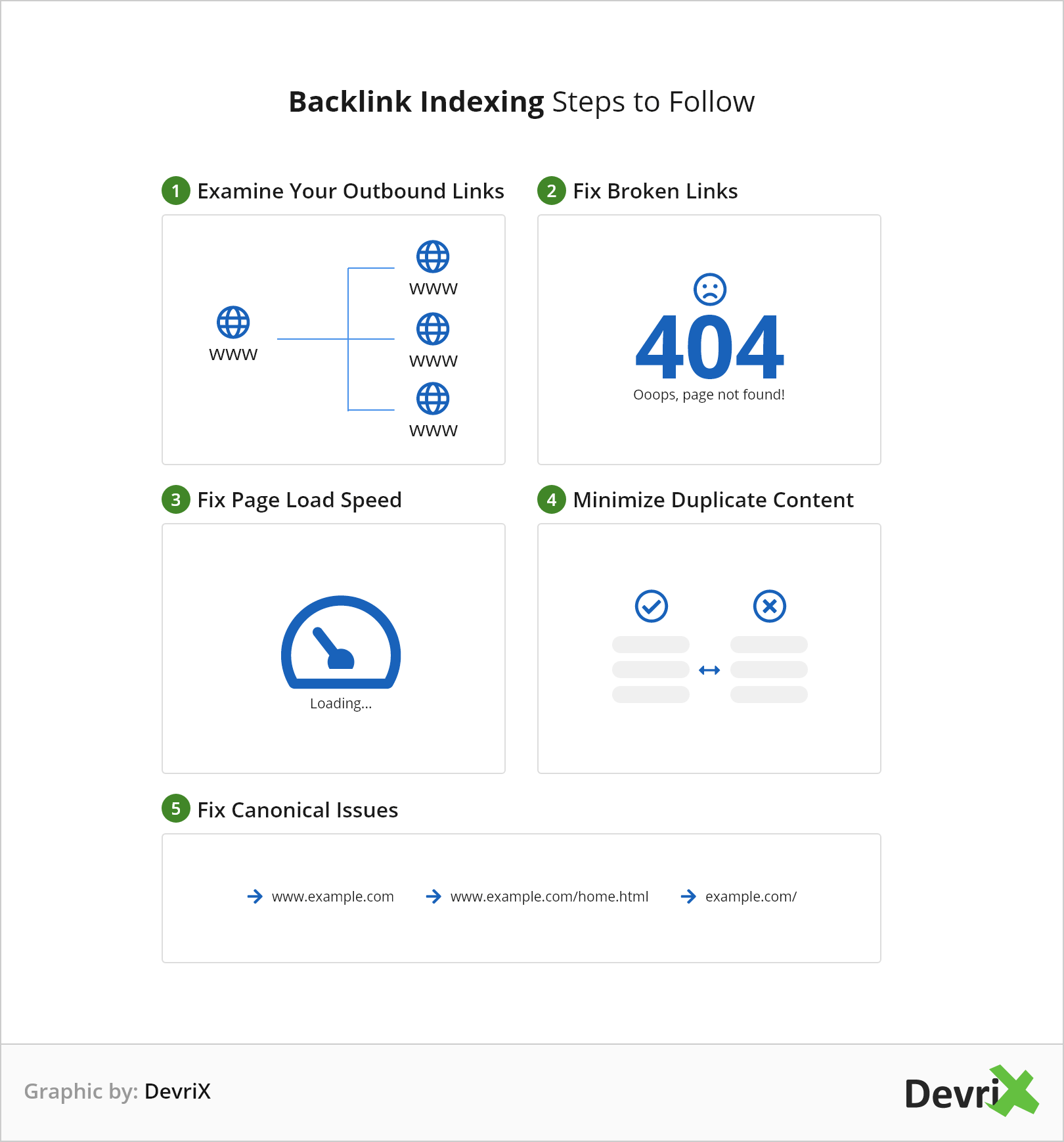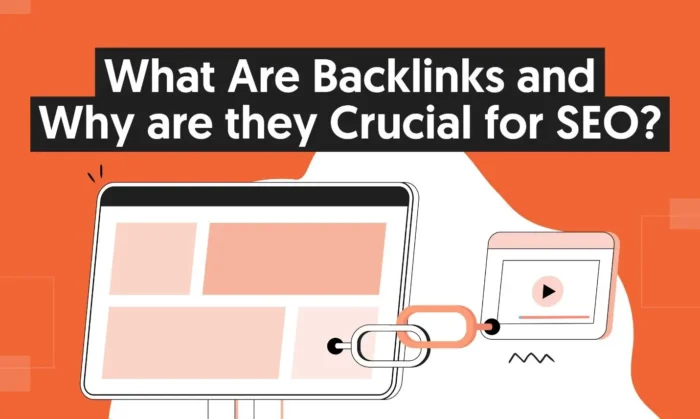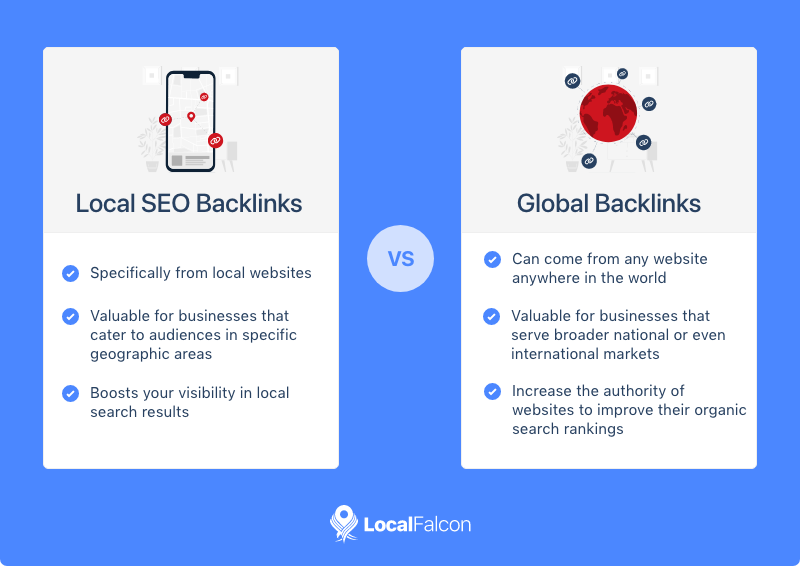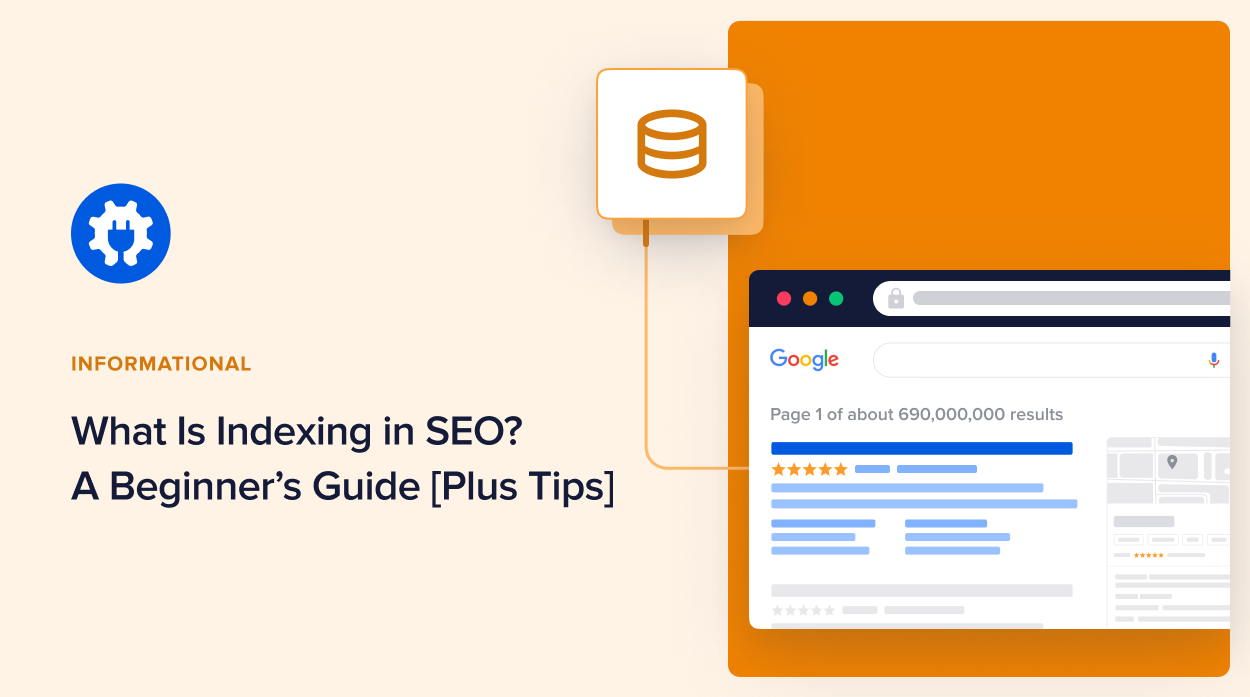In the constantly evolving world of digital marketing, search engine optimization (SEO) remains a crucial component for driving online visibility and traffic. Among the myriad of factors that contribute to SEO success, backlink indexing stands out as a fundamental element. When search engines recognize and evaluate backlinks, it enhances a website’s credibility and authority, ultimately boosting its rankings. Well-indexed backlinks can significantly impact how search engines perceive and rank a site. This crucial process not only ensures that backlinks are counted but also maximizes their effectiveness in a competitive digital landscape, underscoring the importance of proper backlink indexing in achieving SEO success.
Understanding the Importance of Backlink Indexing for SEO
What is Backlink Indexing?
Backlink indexing refers to the process through which search engines recognize and register external links pointing to your website. Backlinks are crucial because they can significantly impact a site’s authority and ranking within search engine results pages (SERPs). When a backlink gets indexed, it is included in a search engine’s database, ensuring that it can contribute positively to your site’s SEO performance. Without proper indexing, those valuable backlinks may go unnoticed by search engines, rendering them ineffective.
How Does Backlink Indexing Impact SEO?
When a backlink is indexed, search engines can consider it as a vote of confidence for your content. This can lead to improved organic search rankings, as indexed backlinks contribute to your site’s perceived importance and relevance. Indexing helps search engines understand the structure and network of your site’s links, thereby enabling more accurate crawling and ranking decisions. Unindexed backlinks might not only fail to improve your rankings but can also make it harder to achieve your SEO goals efficiently.
Challenges in Backlink Indexing
Despite its significance, successfully indexing backlinks can be challenging due to various factors like the quality of the backlinks, domain authority, and possible spammy link profiles. Poor-quality or irrelevant backlinks may not get indexed as easily, while high-quality links from reputable sites generally get indexed faster. Additionally, search engines are continually refining their algorithms to avoid indexing backlinks from sites involved in unethical SEO practices, meaning that only valuable and pertinent links will aid your SEO.
Strategies to Improve Backlink Indexing
To enhance your backlink indexing, ensure that you build high-quality backlinks from authoritative and relevant sites. Submit your pages containing valuable backlinks to search engine webmaster tools for faster indexing. Encourage natural linking by producing compelling content that is shareable and attractive to your audience. Regularly monitor your backlinks, fix broken links, and ensure your site’s navigation and infrastructure support efficient crawling by search engine bots.
Common Tools for Checking Backlink Indexing
Several tools are available to assist in monitoring and improving your backlink indexing. Tools like Google Search Console, Ahrefs, and SEMrush provide insights into which of your backlinks are indexed and can help identify any potential issues. They offer features for tracking backlink performance, allowing you to understand the impact of your backlinks on SEO. By utilizing these tools, you can also gather data to make informed decisions on your overall linking strategy.
| Aspect | Details |
|---|---|
| Concept | Backlink Indexing |
| Impact on SEO | Pivotal for ranking and authority |
| Challenges | Quality and domain issues |
| Strategies | Quality links, better content, use of webmaster tools |
| Tools | Google Search Console, Ahrefs, SEMrush |
What is the purpose of indexing in SEO?

The purpose of indexing in SEO is to enable search engines to store and organize web content to be easily found and presented to users when searching for related information. Indexing allows search engines to process the information on a web page and catalog it according to its contents, which then aids in determining the relevance of the page to search queries. This process is crucial in ensuring that users receive the most pertinent results based on their search intent.
Understanding the Indexing Process
The indexing process involves several intricate steps that ensure web pages are accurately cataloged for future search queries. Here’s a breakdown:
- Crawling: The first step in indexing where search engine bots visit websites to collect data.
- Parsing Content: After crawling, the bot analyzes each page’s content, structure, and metadata.
- Storing Information: The acquired information is stored in a database, ready to be retrieved for relevant search queries.
Why Indexing is Crucial for SEO
Indexing plays a pivotal role in SEO as it directly impacts a website’s visibility and ranking. Without proper indexing, even the best content can remain hidden from users.
- Improved Visibility: Indexed pages are discoverable by search engines, making them visible to potential visitors.
- Ranking Potential: Only indexed pages can be ranked, influencing how high they appear in search results.
- Relevance and Accuracy: Indexing ensures that the most relevant pages are served to users based on the search queries.
Techniques to Enhance Indexing
To ensure your website is properly indexed, implementing certain strategies can be beneficial.
- Optimize Site Maps: An updated sitemap helps search engines know about new or changed pages on your site.
- Leverage Robots.txt: Proper configuration can guide search engines on which pages to index or ignore.
- Use Internal Linking: Effective internal linking helps bots navigate your site, improving the indexing of various pages.
Do backlinks need to be indexed?

Backlinks are an essential part of any SEO strategy, and their ability to be indexed can enhance overall search engine visibility. While backlinks do not necessarily need to be indexed by search engines, having them indexed generally contributes to a more effective SEO strategy. However, it is crucial to understand the nuances involved.
Why Indexed Backlinks Matter
Indexed backlinks can enhance the credibility and authority of a website, leading to potential improvements in search rankings.
- Increased Visibility: When backlinks are indexed, they are included in the search engine’s database, allowing web crawlers to recognize and follow them, thus increasing the visibility of the linked content.
- Authority Signal: Indexed backlinks can serve as signals of credibility and trust, as they are more likely to be counted by search engines when evaluating the site’s authority. Indexed links are seen as more valuable in Google’s algorithm.
- Ranking Potential: Although not a direct ranking factor, indexed backlinks can contribute to improved domain authority and page rank, which can positively influence overall search engine rankings.
How to Ensure Backlinks Get Indexed
To maximize the impact of backlinks, it’s advantageous to ensure that they are recognized and indexed by search engines.
- High-Quality Content: Ensure that the content surrounding the backlinks is relevant and of high quality. Search engines prioritize indexing content that offers value and relevance to users.
- Use of SEO Tools: Utilize SEO tools that offer backlink indexing services to inform search engines about new backlinks. Such tools can expedite the indexing process.
- Regular Monitoring: Track the status of backlinks through various SEO platforms to monitor which links have been indexed and which have not, allowing for timely adjustments.
Common Reasons Backlinks May Not Be Indexed
Understanding why some backlinks remain unindexed can help in taking corrective measures.
- Low-Quality Source: Backlinks from low-quality websites or irrelevant content are often ignored by search engines, consequently not indexed.
- Noindex Tags: If the page containing the backlink has a noindex tag in its meta tags, it instructs search engines not to index the page, thus affecting the backlink.
- Lack of Authority: Backlinks from new or low-authority websites may take longer to be indexed as search engines prioritize established domains with proven credibility.
How much do backlinks improve SEO?

Importance of Backlinks in SEO
Backlinks significantly boost SEO performance by contributing to various aspects of a website’s online visibility. Here are some key reasons for their importance:
- Authority and Credibility: Websites with a higher number of quality backlinks tend to be seen as more authoritative and credible. This is because other sites linking to a page are effectively vouching for its content.
- Search Engine Rankings: Search engines like Google consider backlinks as significant ranking factors. Pages with a higher number of backlinks are more likely to rank at the top of search engine results pages (SERPs).
- Crawling and Indexing: Backlinks help search engines discover new pages by following the links from already indexed pages, thus aiding in quicker crawling and indexing.
Quality vs. Quantity of Backlinks
The impact of backlinks on SEO doesn’t solely depend on quantity but also on their quality. Here’s how both aspects differ:
- Quality Backlinks: These are links from authoritative, relevant sites that are trusted by audiences and Google. They are more valuable as they are less likely to be manipulated.
- Quantity of Backlinks: Having a large number of backlinks can be beneficial, but if they are from low-quality sites, they might not help and could even harm your SEO efforts.
- Relevancy: Backlinks from sites that are relevant to your content’s niche enhance the effectiveness of both the backlink and site authority.
Strategies for Building Effective Backlinks
To harness the power of backlinks for SEO, employing effective strategies is essential:
- Content Creation and Promotion: By producing high-quality, engaging content that is shareable, websites are more likely to earn natural backlinks.
- Guest Blogging: Contributing to other authoritative sites with valuable insights can help secure backlinks to your site.
- Networking and Outreach: Building relationships with influencers and webmasters can lead to natural backlink opportunities through collaborations and mentions.
How important are backlinks for local SEO?

Backlinks play a crucial role in local SEO by enhancing the visibility and credibility of a website in a specific geographical area. Essentially, backlinks are links from other websites pointing to your site, and they signal to search engines that your content is valuable and trustworthy. Here’s how they impact local SEO:
Boosting Local Relevance Through Backlinks
Having backlinks from local and geographically relevant websites reinforces your local presence and search engine ranking. Search engines consider links from local sources as a sign of your website’s relevance in that area.
- Local Citations: Acquiring backlinks from local directories and businesses strengthens your local authority and increases your chances of appearing in local search results.
- Community Engagement: Participating in local events or collaborations can lead to backlinks from local media outlets or community blogs, enhancing your local profile.
- Consistency: Maintaining consistent information across local directories and backlinks ensures that search engines view your business as reliable and relevant locally.
Improving Search Engine Rankings with Backlinks
Backlinks are one of the top factors used by search engines to determine how pages rank. Obtaining high-quality backlinks can significantly improve your position in search results.
- Authority Signals: Backlinks from reputable sites provide authority signals to search engines, indicating that your content is trustworthy and should rank higher.
- Diverse Link Portfolio: A variety of backlinks from multiple sources strengthens your site’s credibility and visibility in search results.
- Anchor Text Optimization: Using relevant keywords in the anchor text of backlinks helps search engines associate your website with specific search terms, improving rankings.
Enhancing Online Presence and Brand Authority
Backlinks not only boost your local SEO but also enhance your brand authority and online presence within your community.
- Brand Visibility: Being linked by local websites increases your business visibility and familiarizes local consumers with your brand.
- Trust Building: As more reputable local sites link back to you, it builds trust with your potential customers and search engines alike.
- Referral Traffic: Backlinks can drive targeted traffic from other sites, which can lead to an increase in local customer engagement and sales.
Frequently Asked Questions
What is backlink indexing, and why is it important for SEO success?
Backlink indexing refers to the process of getting your backlinks recognized and included in a search engine’s directory. Search engines use this indexed information to determine the relevance and authority of a website. Without indexing, even high-quality backlinks might not contribute to your site’s visibility. For SEO success, ensure your backlinks are properly indexed to fully benefit from their potential to increase your site’s ranking and improve its credibility. An indexed backlink is considered a vote of confidence from another website, amplifying your site’s ability to compete for higher positions in search results.
How does backlink indexing affect search engine ranking?
Backlink indexing significantly affects search engine ranking because it helps search engines recognize how many reputable sites are linking to yours. When a linked page is correctly indexed, search engines can evaluate your site’s authority more precisely. This is crucial because the algorithms used by search engines give considerable weight to the number and quality of backlinks. Properly indexed backlinks signal to search engines that your content is valuable and trustworthy, which can lead to improved rankings. Essentially, the more indexed backlinks from high-authority sites your website accumulates, the more likely it is to rank higher.
What are some strategies to ensure backlinks get indexed?
To ensure backlinks get indexed, several strategies can be employed. Firstly, utilizing Google Search Console can help you submit your pages for indexing manually. Secondly, creating backlinks from high-authority sites increases the chances of quick indexing due to their frequent crawl rates. Another effective technique is generating backlinks within engaging and fresh content that interests readers and prompts them to engage or share, as interactive content often gets crawled faster. Additionally, distributing content via social media can increase the visibility and engagement of those backlinks, influencing their indexing. Ensuring the linking sites are regularly indexed by search engines also helps, as it suggests that their outgoing links are usually crawled and indexed as well.
Can poor indexing of backlinks negatively impact SEO efforts?
Yes, poor indexing of backlinks can negatively impact SEO efforts. If crucial backlinks pointing to your site aren’t indexed, they can’t pass any link juice or authority to your site, nullifying the potential SEO benefits. Search engines rely on indexed backlinks to decide how reputable and authoritative your content is. Without these signals, your site might not perform well in search engine rankings, even if other SEO elements are well-optimized. Non-indexed links essentially remain unseen by search engines, meaning your site misses out on valuable interactions that could enhance its visibility and appeal to search engine crawlers.


Leave a Reply